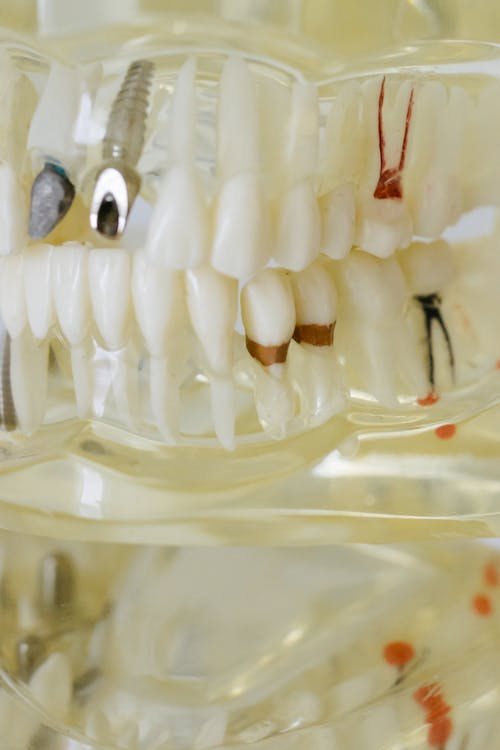Breaking Down the Cost of Dental Implants: Essential Insights
The cost of dental implants can be a confusing topic for many. This comprehensive breakdown offers insights into various elements affecting pricing—including geographic location, material choice, and necessary preparatory work. With this information, prospective patients can plan their budgets and make informed decisions regarding their oral health investments.
The Various Factors Affecting the Cost of Dental Implants
Understanding the cost of dental implants requires a deep dive into numerous influencing factors. Initially, the choice of material plays a crucial role. Titanium implants tend to be the gold standard due to their strength and compatibility with bone, leading to a higher price tag. Conversely, zirconia implants are also available and may have different pricing due to their aesthetic benefits. Additionally, the complexity of the case can impact the overall cost of dental implants dramatically. For example, cases that demand significant preparatory work such as bone grafting not only increase the procedure’s complexity but also escalate the costs associated with dental implants. Therefore, an assessment by a qualified dental professional is critical to gauge what is necessary and how that affects financial commitments.
Geographical Influence on Price Variation
Geographical location stands out as another critical determinant when discussing the cost of dental implants. For instance, clinics situated in metropolitan areas often charge more than those in less populated regions. This discrepancy can be attributed to higher costs of living, rent for office spaces, and workforce salaries in urban centers, all of which contribute to an increased cost of dental implants. In addition to location, the specific market demand within that area can further complicate pricing structures. Areas with a higher demand for cosmetic dentistry might see inflated costs, making it essential for patients to gather comprehensive regional pricing information to ensure they are receiving fair quotes for their implants.
Evaluating the Need for Supplementary Treatments
When considering the cost of dental implants, prospective patients should evaluate whether supplementary treatments are critical. In many instances, dental professionals may recommend additional treatments such as bone grafts or sinus lifts, particularly if the patient has experienced significant bone loss. These necessary procedures not only enhance the success rate of the implants but also considerably increase the total cost associated with the implants. Hence, those planning for dental implants need to account for these additional costs and the various timeframes associated with the healing process.
Understanding Your Insurance Options
Additionally, it’s essential to navigate the complexities of dental insurance when evaluating the cost of dental implants. Many insurance companies categorize dental implants as elective or cosmetic, which can leave patients with significant out-of-pocket costs. However, some plans may cover a portion of the costs or services associated with implant placement. Understanding the nuances of your insurance coverage is paramount before agreeing to any treatments. Conversely, if insurance isn’t an option, many dentists offer payment plans that can simplify the financial burden. Such arrangements can lead to manageable monthly payments, making dental implants more obtainable for those who otherwise may hesitate due to financial constraints.
Final Thoughts on Dental Implant Investments
In summary, understanding the cost of dental implants involves an examination of multiple factors, from materials and geographical influences to supplementary treatments and insurance coverage. Each individual’s circumstances will dictate the final price, but by approaching the process with thorough knowledge, prospective patients can make informed decisions that fit their financial situations. Ultimately, the perceived cost of dental implants must be weighed against the long-term benefits, which can include improved oral health and quality of life, reaffirming that this investment is generally worth considering.
